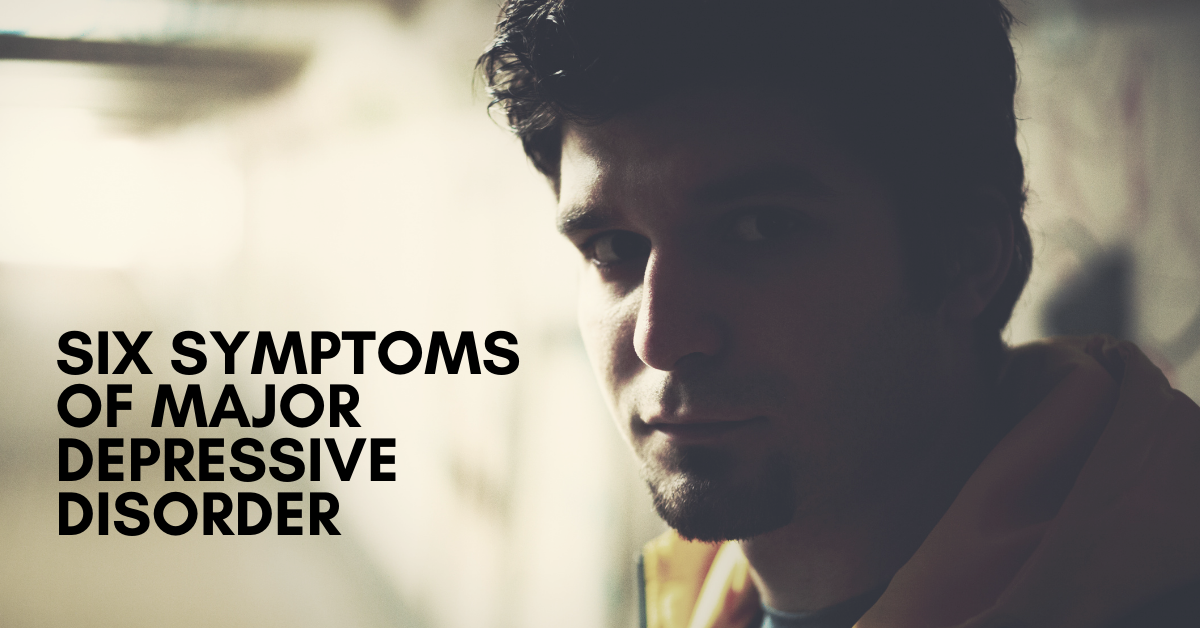
Major depressive disorder (MDD) is a mental health disorder that requires a medical diagnosis and is the chronic feeling of sadness and loss of interest in everyday life. This illness can affect how a person feels, thinks, and behaves and can lead to a broad range of emotional and physical problems. If you or a loved one are affected by major depressive disorder, be on alert for the following symptoms:
Exhibiting a lack of interest in something one used to enjoy
If you or a loved one has suddenly stopped caring about an activity that once brought you or them joy, this could be a warning sign and a symptom of a much larger issue.
Being tired or lethargic with no energy
A lack of energy in individuals with major depressive disorder can affect how they think, act, and even speak. It is crucial for people living with MDD to get the proper amount of sleep each night as people living with MDD are at a higher risk for sleep disorders. Depression and a cyclic disturbed sleep pattern can worsen symptoms of this illness. On average, adults should sleep anywhere from 7-9 hours every night.
Having trouble concentrating or completing tasks
Along with the lack of energy and disinterest in activities that once brought one joy, can come a difficulty with concentration. This could be an everyday at home task such as cleaning or could affect one’s concentration at the workplace. It is important to address this lack of concentration with a medical professional, especially if it is affecting your quality of life or a loved one’s.
Losing weight or having a sudden change in diet
MDD can play a major role in diet and weight loss. A change in how much a person eats is a very common sign of depression. A loss of appetite and subsequent weight loss can occur. When this occurs, the body may not be getting the proper nutrition it needs.
Feeling Worthless or Guilty
People living with MDD may have an overwhelming feeling of guilt or worthlessness. If this happens to you or a loved one, monitoring negative thoughts and feelings through a journal can help give insight as to why you may be feeling this way.
Having thoughts about harming yourself or having suicidal thoughts
Suicide can be a potential risk for people living with MDD. If you or a loved one are thinking about self-harm or are having suicidal thoughts, please seek emergent care. For crisis and suicide prevention resources please visit https://suicidepreventionlifeline.org/ .
MDD Research
If you or a loved one are living with major depressive disorder, Pharmasite Research in Pikesville, MD is currently enrolling participants living with MDD for a clinical study.






